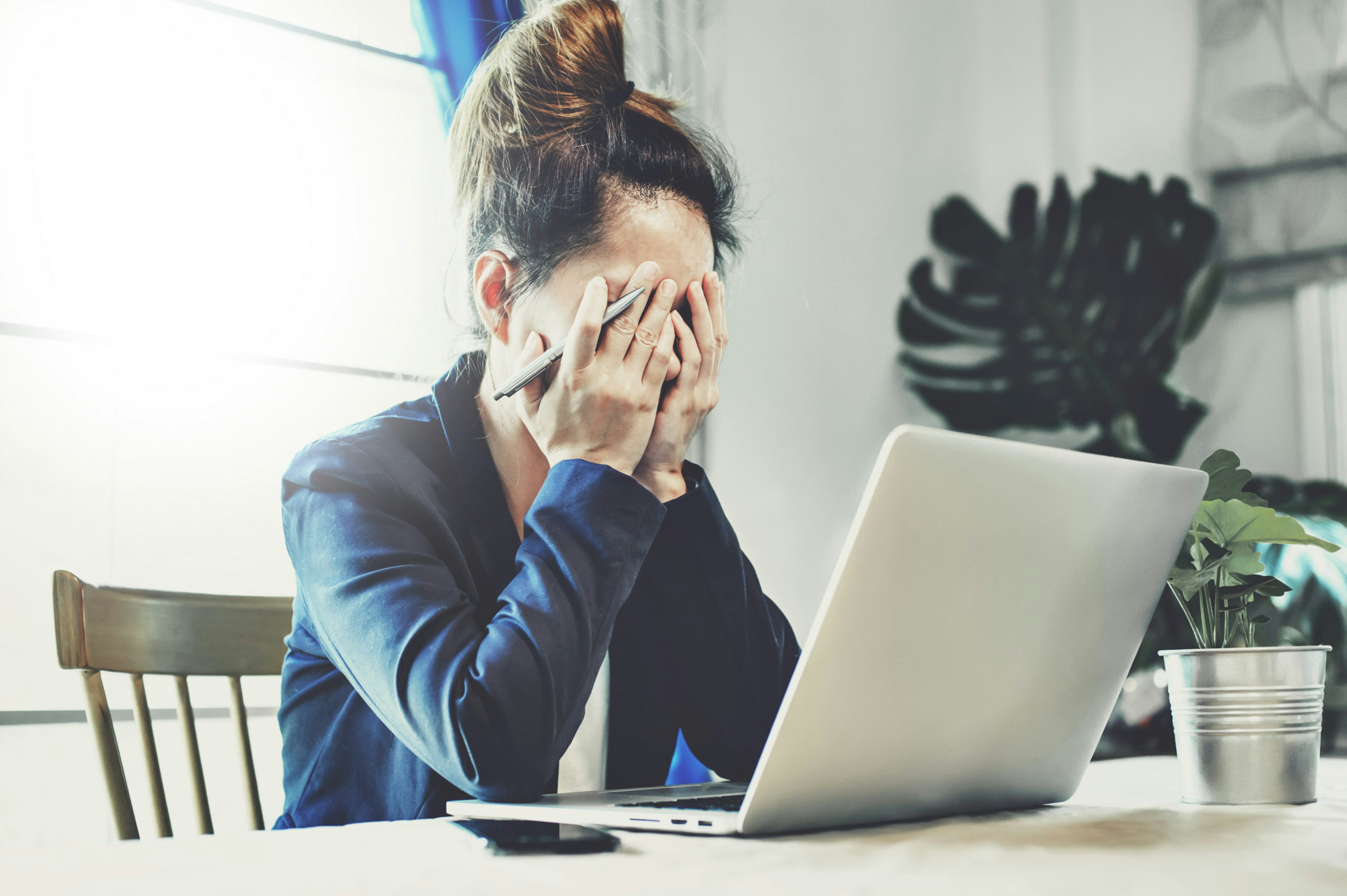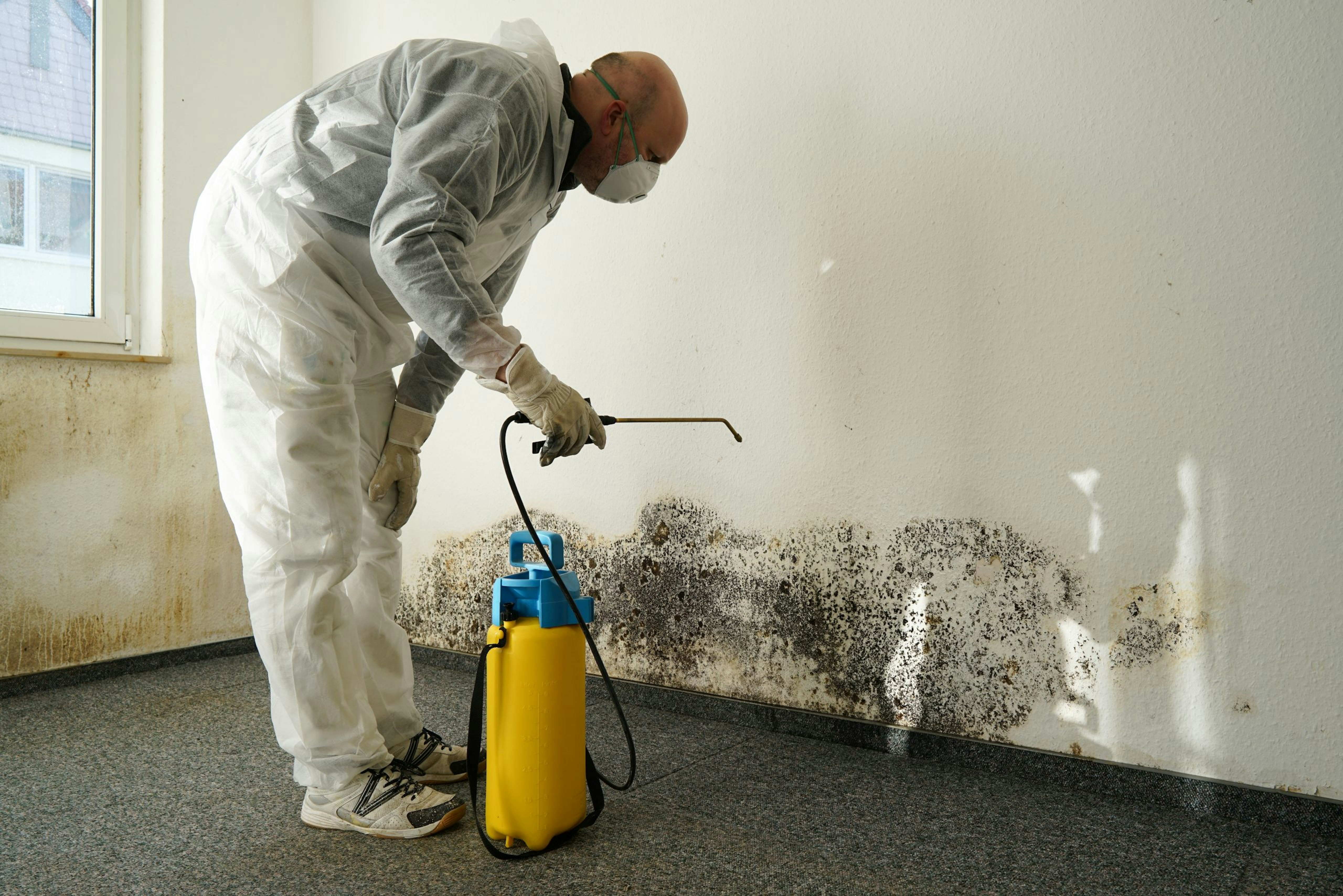Fit for human habitation: what landlords need to know before renting out a property
By Alan Boswell Group

Since early 2019, landlords have been subject to legislation designed to make sure that all rented properties are fit for people to live in, giving tenants stronger means of action against any landlords who don’t meet their obligations. The legislation – formally called the Homes (Fitness for Human Habitation Act) 2018, which amended the Landlord and Tenant Act 1985 – didn’t in itself bring in any new requirements for landlords, but it re-emphasised what their responsibilities were and what tenants could do if a property was sub-standard. Under the law, a landlord – or lettings agency – must make sure the building is fit for human habitation at the start of, and throughout, the tenancy. There are a few exceptions – such as if a landlord has a lodger – but, broadly speaking, if you are a landlord then you are legally required to make sure your property is fit for human habitation. The act only covers England, so landlords in other areas of the UK should make themselves aware of the relevant legislation that applies to them.
What do you need to do to comply?
The obligations on a landlord are all based on common sense, and they involve making sure the property is free from hazards “which are so serious that the dwelling is not reasonably suitable for occupation in that condition”. The law applies to any communal parts of the building as well as the private accommodation area itself. So if a landlord owns a block of flats, for instance, the communal hallway as well as the individual flats need to be in a habitable condition. Landlords should also make sure they adhere to safety certificate requirements.
What makes a property unfit for human habitation?
Issues that can lead to a property being deemed unfit for human habitation include:
An unstable building
Significant damp
No water (either hot or cold)
Poor drainage or sanitation
A lack of natural light
Poor ventilation
An unsafe layout
Poor cooking or washing-up facilities
As well as these specific factors, falling foul of any of the Housing Health and Safety (England) Regulations can lead to a property being deemed unfit for human habitation. Under the Landlord and Tenant Act 1985, the property will be deemed to be uninhabitable “if, and only if, it is so far defective in one or more of those matters that it is not reasonably suitable for occupation in that condition”. Landlords should also make sure they are compliant with electrical safety regulations.
What happens if a property is deemed unfit?
Because there’s an assumption within a tenancy agreement that the property is fit for human habitation, a tenant can go to court for breach of contract if a landlord fails to meet this obligation. There might not be a need for expert input into the case if the problem is clear. For example, if there’s no running water or nowhere for the tenant to cook, the court wouldn’t require the opinion of an environmental health expert or a surveyor to decide that the property is unfit for human habitation. If the court finds in favour of the tenant, the landlord can be ordered to take the appropriate remedial action, and there can also be an order made to pay damages to the tenant.
The amount of compensation is not limited, and the court will base it on the seriousness of the problem, how long the issue has been present for, and the impact on the tenant. There can also be an order to pay the tenant’s legal costs. If the court rules in favour of the landlord, the tenant might be ordered to pay some of the landlord’s costs, but this would be decided on a case-by-case basis. Meanwhile, regardless of any legal action a tenant might take, the local authority can step in. Local authorities can take enforcement action if they deem there to be poor or illegal practices, including when landlords fail to carry out work that has been brought to their attention.
Are there any exceptions?
A landlord can’t be blamed for sub-standard conditions if they have been caused by the tenant or the tenant’s possessions, or if the issue has been caused by an event outside the control of the landlord, such as a storm or a flood. However, if there is an act of God that makes the property unfit for human habitation, the landlord should still work to put things right in a timely manner.
How long do you have to fix the problem?
As soon as a tenant alerts a landlord to a problem, the landlord is considered responsible for it, and it should be dealt with in a reasonable amount of time. There is no strict definition of what this is, but the landlord should attempt to make good the problem as soon as possible. If a landlord requires access to the property, at least 24 hours’ written notice should be given (unless it’s an emergency), and visits should be scheduled for a reasonable time. A record of all the attempts made to communicate with the tenant should be kept, especially in the case that the landlord cannot gain access to the property.
What effect can non-compliance have on your landlord insurance?
Aside from the moral considerations of providing habitable accommodation to tenants, it is a fundamental requirement of landlord legal expenses insurance that the legal requirements and responsibilities of a landlord are met. If, during a claim, it comes to light acts such as the Fitness for Human Habitation Act have not been adhered to, then a claim may be rejected. For further guidance, visit our landlord advice hub.
Need help with your insurance?
Whether you need a quote, have a general enquiry, or want to talk it through over the phone, we're here to help.
Send an enquiry
Related guides and insights

What is a Section 8 notice?
Here, we look at Section 8 notices in more detail and the circumstances in which they can be used. For example, Section 8 notices are typically served when tenants are in arrears.

A guide to understanding landlord harassment
Landlord harassment is essentially anything a landlord does that prevents tenants from living peacefully in their homes. Examples of landlord harassment in the UK vary widely but includes incidents such as changing the locks without tenants’ knowledge.

A landlord’s guide to rental arrears
When a tenant falls into rental arrears, it can cause major problems. We look at how to deal with non-payment of rent, what options are available to you and how you can protect yourself against loss of income.

Damp and mould in rental property
Damp and mould can cause serious issues. Here, we take a look at the causes of damp and the responsibilities tenants and landlords both have in resolving the problem.
